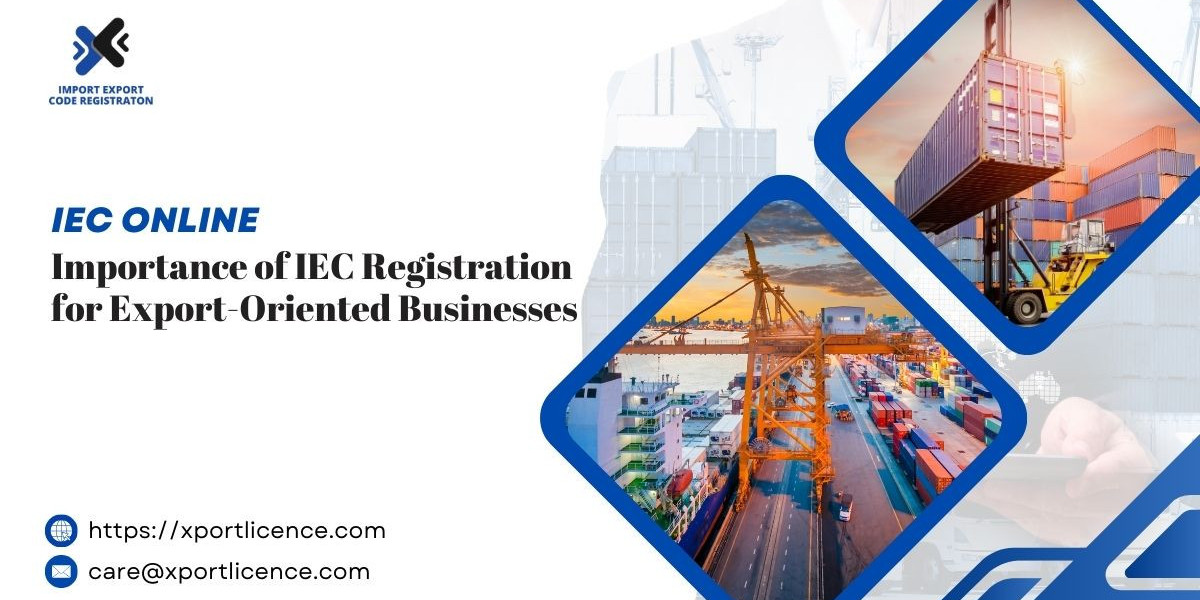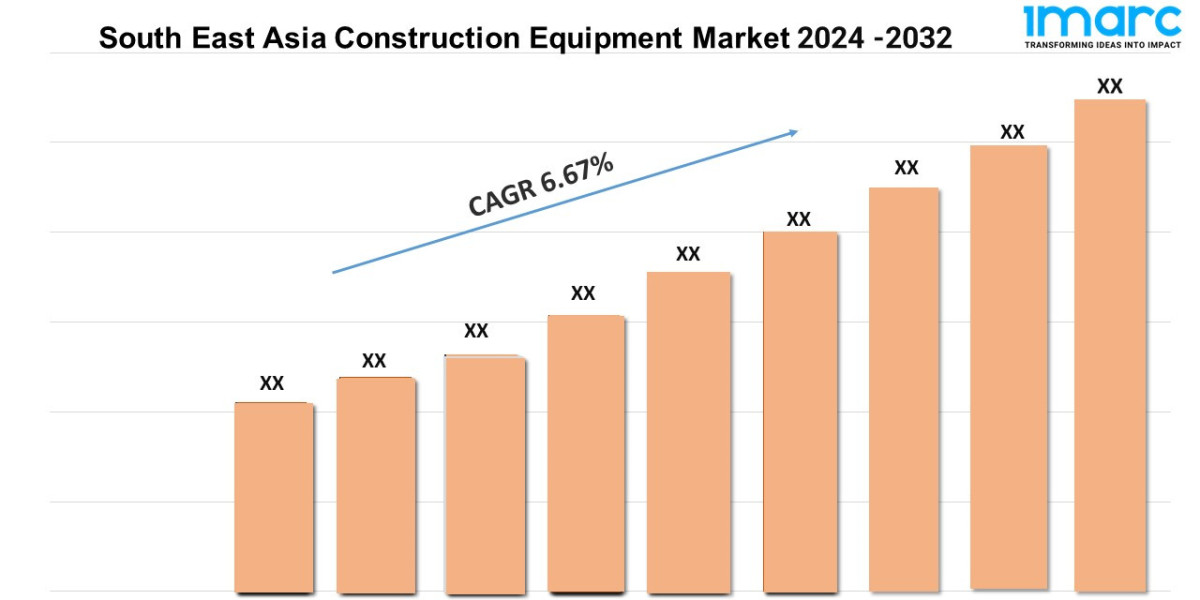In the realm of global trade, businesses aspiring to expand their operations beyond domestic borders must comply with a range of legal and regulatory requirements. One of the foundational prerequisites for businesses in India to engage in international trade is obtaining the Import Export Code (IEC). This ten-digit code, issued by the Directorate General of Foreign Trade (DGFT), is mandatory for businesses that intend to export or import goods and services. The importance of IEC registration for export-oriented businesses cannot be overstated, as it plays a vital role in facilitating cross-border trade, ensuring regulatory compliance, and opening up a world of opportunities for growth and expansion.
Legal Requirements for Export and Import
The primary and most important reason for obtaining IEC registration is that it is a legal requirement for any business that intends to engage in international trade. According to Indian law, no person or entity can export or import goods or services without having an IEC. The code acts as a unique identifier for the business and is required at the time of customs clearance, as well as for receiving payments for exported goods or services and making payments for imports.
Without an IEC, a business cannot legally trade across borders, which means it would miss out on the vast opportunities that international markets present. It also ensures that the business operates by the rules and regulations set by the DGFT, thereby avoiding penalties or legal issues.
Facilitates Customs Clearance
For any export-oriented business, smooth customs clearance is crucial. The IEC code simplifies the process of customs documentation and clearance. Customs authorities require the IEC code for processing the export and import shipments. Without it, the shipment might be held up at the border, leading to delays, additional costs, and loss of business credibility.
An IEC registration also helps customs officials identify the authenticity of the business, reducing the chances of goods being held up due to compliance issues. This smoothens the logistics of international trade and reduces administrative bottlenecks, ensuring that goods reach their destinations on time.
Availing Benefits and Incentives from the Government
The Indian government, as well as various export promotion councils, offer a range of schemes, benefits, and incentives to encourage businesses to engage in international trade. Businesses that have IEC registration are eligible to avail of these benefits, which can significantly reduce costs and improve profitability.
For instance, the Merchandise Exports from India Scheme (MEIS) and the Service Exports from India Scheme (SEIS) are designed to promote exports by providing financial incentives based on the export value. Similarly, various duty drawback schemes allow businesses to claim refunds on duties paid on imported goods used in the production of export items. Without an IEC, businesses cannot access these schemes, which can put them at a disadvantage in the highly competitive global market.
Expands Global Business Opportunities
One of the biggest advantages of obtaining an IEC registration is the gateway it opens to global markets. Businesses can expand their operations to various countries, offering products and services to a much larger customer base. In today’s interconnected world, where international trade is a key driver of economic growth, having access to international markets is crucial for the growth of any business.
By engaging in international trade, businesses can diversify their revenue streams, reduce dependency on domestic markets, and hedge against local economic downturns. Furthermore, businesses that can successfully export their goods and services tend to enjoy higher economies of scale, increasing their overall competitiveness in the global market.
Simplifies International Banking Transactions
IEC registration is also essential for conducting international financial transactions. When businesses export goods or services, they need to receive payments in foreign currency from buyers in other countries. Similarly, for imports, they need to make payments to suppliers. The IEC code is a prerequisite for businesses to send and receive money from foreign buyers and suppliers.
Banks require the IEC code to process foreign currency transactions and ensure compliance with the Foreign Exchange Management Act (FEMA). Without IEC registration, businesses may find it difficult to conduct international transactions smoothly, which can disrupt trade and business relationships.
Building a Global Reputation
A business that has obtained IEC registration is seen as a legitimate player in the international market. It boosts the credibility and trustworthiness of the business in the eyes of foreign clients and partners. IEC registration also demonstrates a commitment to complying with international trade regulations, which is often a prerequisite for forming partnerships with overseas clients or suppliers.
In addition, export-oriented businesses with IEC registration have the opportunity to join various international trade associations, chambers of commerce, and export promotion councils. Membership in these bodies not only provides networking opportunities but also boosts the business’s reputation, enhancing its visibility in the global market.
Easy Compliance and No Renewal Requirement
One of the advantages of IEC registration is that it is a relatively simple process to apply for and obtain. The entire application process can be completed online through the DGFT portal, and once issued, the IEC code is valid for the lifetime of the business. There are no renewal requirements, and businesses do not need to worry about periodic compliance for maintaining the IEC.
Additionally, there is no annual compliance or reporting requirement specifically related to IEC registration. This makes it a hassle-free process, allowing businesses to focus on growing their international operations rather than being bogged down by bureaucratic procedures.
Assistance in Trade Dispute Resolution
Having an IEC registration can offer businesses certain protections and government assistance in the case of trade disputes or issues with international transactions. The DGFT, as well as various trade bodies, can step in to help resolve disputes between exporters and importers. This can be especially helpful when dealing with complex international laws and regulations.
IEC-registered businesses may also receive support in negotiating contracts, resolving disputes over shipments, or dealing with customs issues in foreign countries. This ensures that businesses are not left to fend for themselves in the complex world of international trade.
Note: Click here if you wish to update your IEC - Update IEC Code Online
Conclusion
IEC registration is an indispensable tool for any export-oriented business in India. The IEC code is a critical component of successful international trade operations, from ensuring legal compliance and facilitating customs clearance to expanding global opportunities and enabling access to government incentives. For businesses looking to grow beyond domestic markets, obtaining and maintaining an IEC is a legal requirement and a strategic move that can unlock new revenue streams and enhance competitiveness in the global market.








